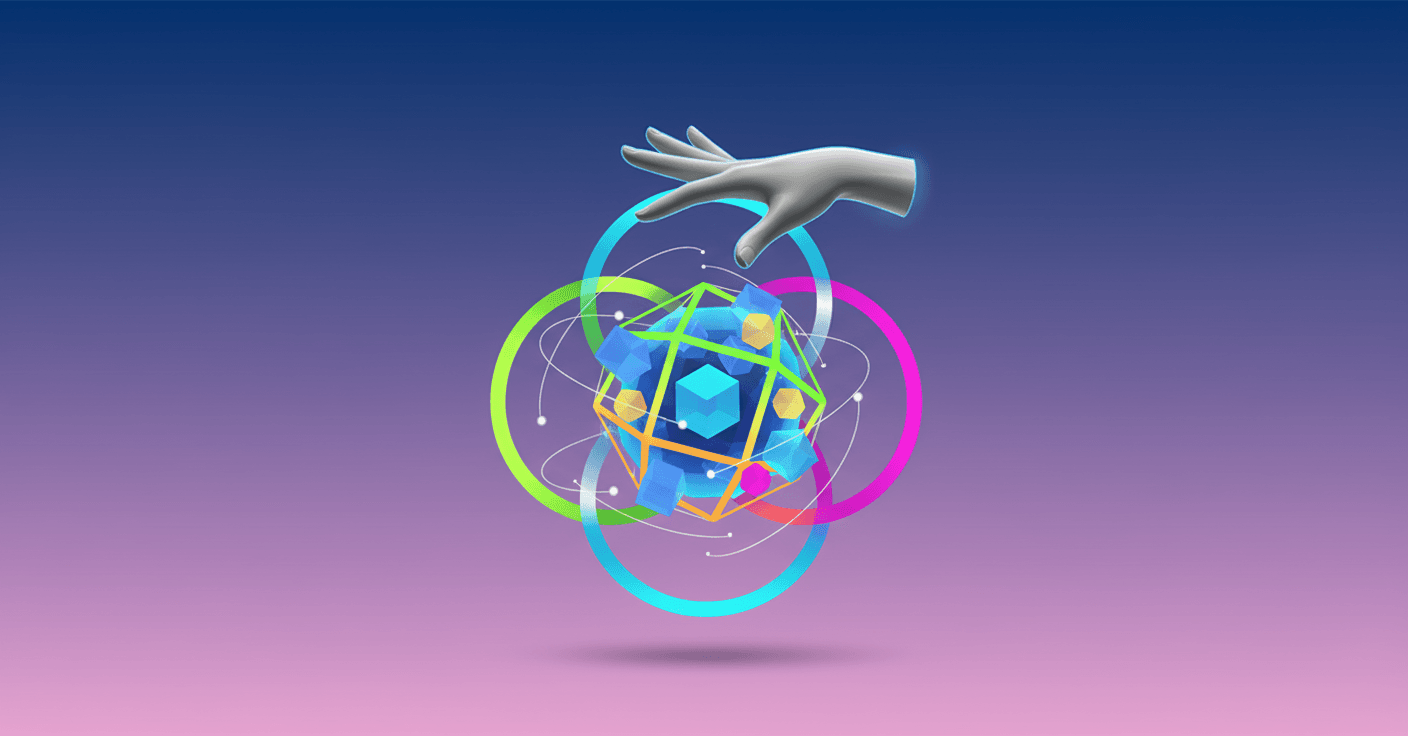Anthropic shares an early framework for the responsible development of AI agents: tools that act more autonomously to accomplish complex goals, but that need clear controls to be useful and safe in everyday life. What does the company propose and what does this mean for those of us starting to use agents at work and in life? (anthropic.com)
What this framework is and why it matters
The company published this framework on August 4, 2025 as an initial guide to designing reliable, safe agents, with the goal of helping set industry standards. The document is a call to build useful agents without losing sight of the risks that appear when you grant too much autonomy. (anthropic.com)
Agents aren't simple assistants: they can make decisions, chain tasks, and use tools on their own. That makes them valuable — think of someone organizing your wedding or preparing the board presentation while you focus on other things — but it also creates new points of failure if there aren't limits. (anthropic.com)
Key principles of the framework
Anthropic structures its approach around several practical priorities. Here I summarize them in plain language:
-
Keep people in control. Agents should be able to operate with autonomy, but high‑impact decisions need human approval. In Claude Code, for example, the agent ships with read‑only permissions by default and asks for approval before modifying code or systems. That prevents an agent from 'fixing' something it shouldn't touch. (anthropic.com)
-
Transparency in behavior. The agent should explain what it's doing and why, with a useful level of detail (not too cryptic, not overwhelming). Anthropic shows how Claude presents a real‑time task list so you can review and adjust the plan on the fly. That makes it easier to intervene before the agent drifts from the intended goal. (anthropic.com)
-
Alignment with human values and expectations. Agents sometimes act 'well‑intentioned' but out of context (for example, reordering or deleting files because it thinks it helps). The framework recognizes that assessing alignment is hard, and that transparency and control remain key tools while more robust metrics are developed. (anthropic.com)
-
Privacy protection in extended interactions. Because agents can retain context across tasks, there's a risk that sensitive information jumps from one case to another. Anthropic proposes controls on the agent's connections, options for temporary or persistent access, and admin policies for enterprise environments. The
MCP(Model Context Protocol) is mentioned as a technical piece to manage these permissions between tools. (anthropic.com) -
Operational security. Agents use tools and sub‑agents; that opens attack vectors like malicious instruction injection. Anthropic says it already uses classifiers and multiple security layers, plus threat intelligence monitoring, to detect and mitigate abuse. It also requires integrations in its directory to meet security and compatibility standards. (anthropic.com)
What this means for you (user, entrepreneur or developer)
If you're thinking of bringing agents into your work, here are three practical takeaways:
- Design control by default: create flows where the agent proposes actions and you or an admin approve sensitive changes.
- Demand practical visibility: require the agent to explain its steps (a checklist or real‑time plan is ideal) so you can correct it early.
- Govern your data: define which connectors and permissions are acceptable, and use temporary controls when possible. Anthropic places these ideas at the center of its recommendation. (anthropic.com)
Limitations and next steps according to Anthropic
Anthropic acknowledges this is an early framework: they expect to iterate and update it as new risks and practices appear. They invite collaboration with other companies and organizations to turn these recommendations into broader standards. In short: there are useful proposals today, but the conversation and engineering work must continue. (anthropic.com)
Agents can transform routine jobs and complex projects, but only if we build them with controls, transparency, and data protections from the start. Anthropic offers an initial map; now the industry needs to test it.
Closing thoughts
Are you worried an agent might do something unexpected? It's reasonable to be cautious: autonomy brings efficiency but also responsibility. This framework doesn't magically remove risks, but it does lay out a practical path: more human oversight, better explanations, and technical controls on permissions and integrations. That's exactly what we need to move agents from curiosities to reliable tools in work and everyday life. (anthropic.com)
